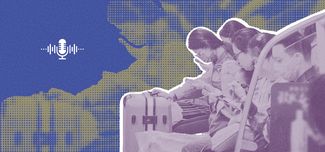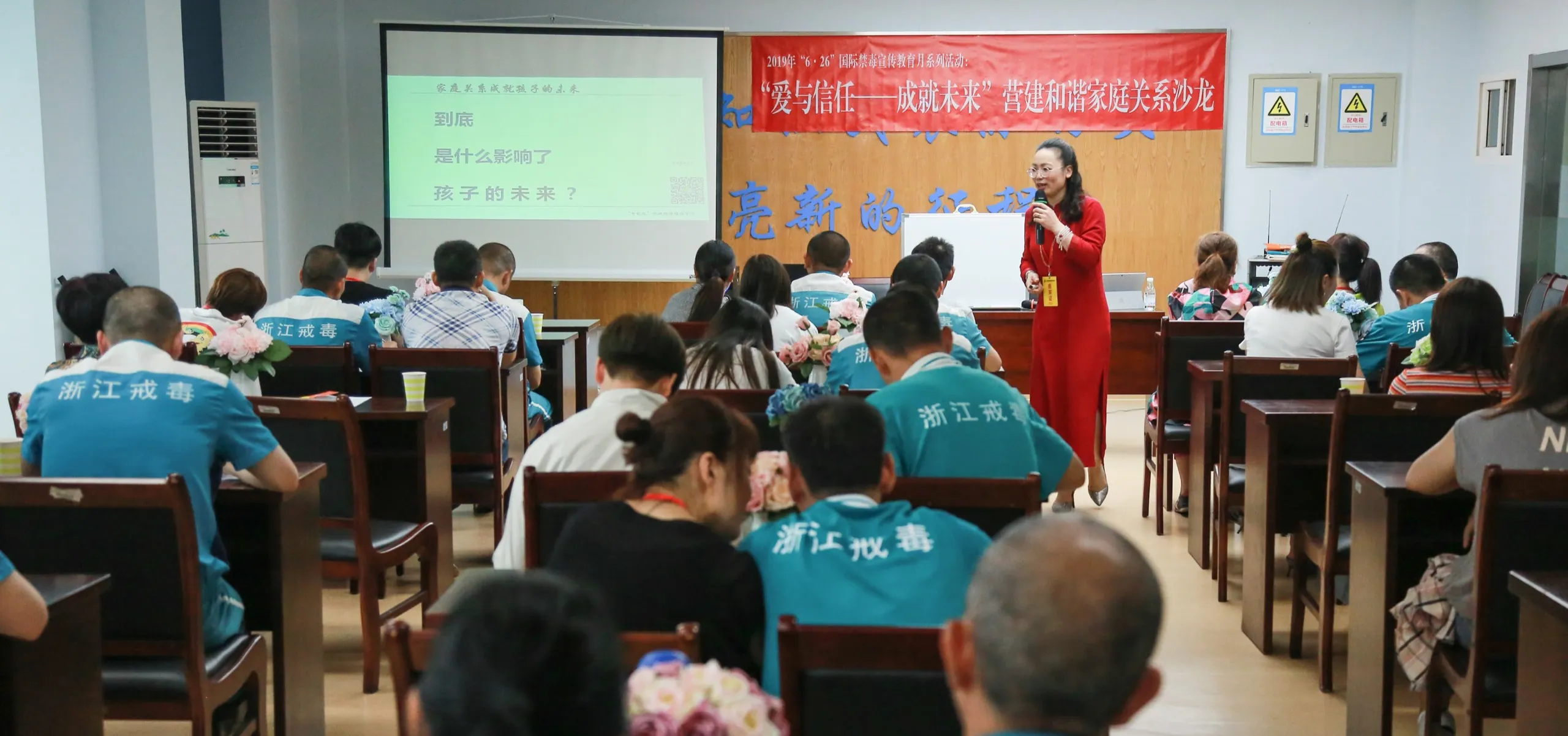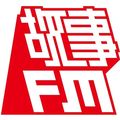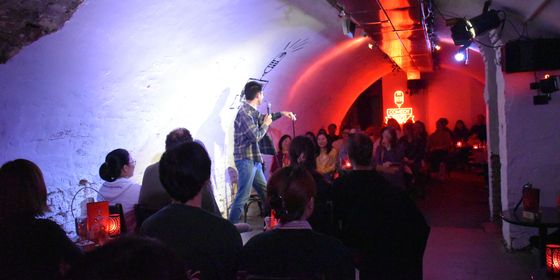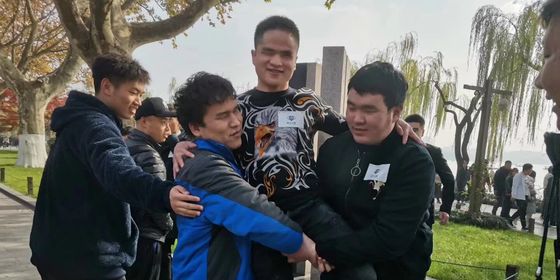Former drug users in China go through immense struggles to rehabilitate and re-enter society
China’s mass media often describes drug users as “emaciated,” “depressed,” or “ruined,” and a cautionary tale for addiction: “One day of drug use, ten years of rehab, a lifetime of cravings,” is a common saying in the rehab field.
Drug addiction has long been associated with disease and crime in the country’s public imagination. Many think of people who use drugs as being irredeemably evil, and deserve to be abandoned by society.
But some drug users are engaging in herculean struggles to overcome addiction. But despite the enormous challenge of staying away from drugs, an even bigger obstacle is regaining society’s trust.
-1-
“Big Brother”
My name is Shi Zhu and I’m 44 years old. I’m currently a substance abuse social worker in Shenzhen, but before that, I had another identity: I was addicted to drugs for 18 years.
I was born in a small city, the youngest son in my family. I never faced much hardship growing up. Starting in the early 90s, my parents took unpaid leave to open restaurants and teahouses, so my family would be considered well-off for our area.
During the 90s, a new fashion district sprang up in our city. Some young people a few years older than me worked in the clothing business there, which is how I came to know this one “Big Brother.” When I had nothing better to do, I would help out in his store.
I turned 18 in 1996. One day, I didn’t feel like going home after school, and decided to go looking for Big Brother. When I got to his store there was nobody there, so I went to see if he was at home. I knocked for a long time before he opened the door. When he saw it was me, he quickly pulled me inside, straight to the innermost bedroom.
When I entered the bedroom, I saw a huge mattress with four or five people sprawled across it, men and women, with identical expressions on their faces. It was this look of comfort, of enjoyment, like after you’ve had a few drinks. I also saw lighters, cigarettes, and a couple pieces of silver foil on the coffee table, with some white powder on top.
Big Brother asked me, “Do you know what that is?”
I shook my head.
He launched into a description, saying that the stuff was called heroin, something that only the rich could afford to play around with. A gram of heroin cost more than its weight in gold; as soon as you “ate” it, you’d feel like an immortal. He also said that if we weren’t bros, he wouldn’t even have let me inside that day.
Because I didn’t know how to “eat” the stuff, Big Brother decided to “feed” me. He brought over a lighter, put some heroin on a piece of foil, and then lit the lighter beneath it. Bluish smoke immediately appeared over the foil, and he told me to inhale it.




